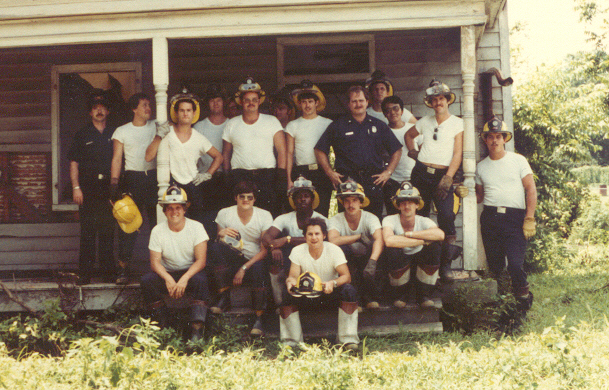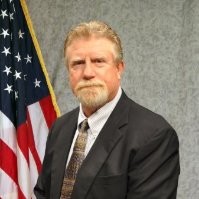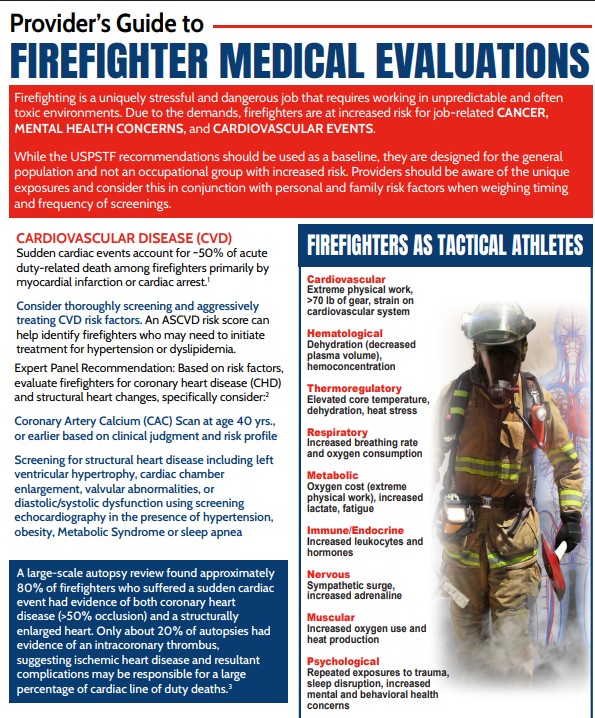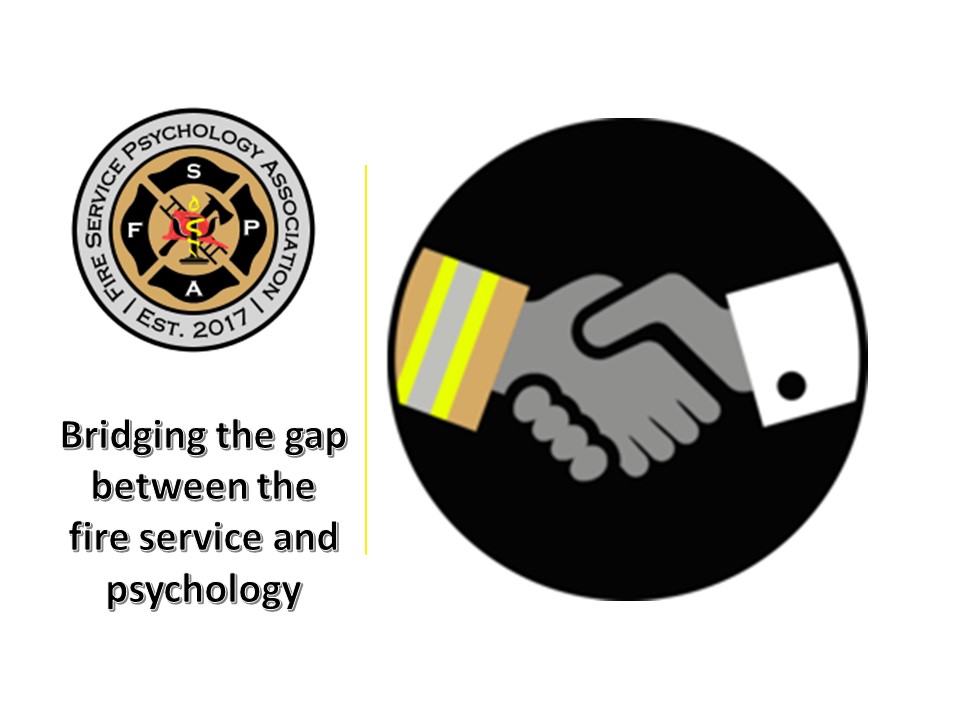By: Robert Avsec, Executive Fire Officer
On my first day as a new firefighter graduate of Chesterfield Fire Department’s Recruit School #12—now the Chesterfield Fire and EMS Department—I reported to Fire Station #11 for my first tour of duty August 3rd, 1982.
After we completed the daily checks on our engine and our personnel protective equipment and SCBA, my Company Officer, Sgt. Gene Reams, directed me and my fellow firefighter, Rick Summers, to “saddle up” because we had a task to get taken care of.
We proceeded to drive down to the Chesterfield County Administration Building which was in our first-due response area. Once there, Rick stayed with the engine while me and Sgt. Reams headed up to the 2nd floor and the Personnel Department (Now Human Resources Management).
When we got there, Sgt. Reams asked the receptionist for a form to enroll in the County’s Deferred Compensation Plan which she prompted gave to him. He handed the form to me and while I started to fill it out, he asked her, “What’s the minimum amount for getting started?” She responded, “That would be $25 per payday.”
While I was entering that amount, Sgt. Reams gave me the following “career advice.” He said, “Every time that you receive a raise, from here on out, you up that dollar amount by whatever the percentage of that raise was, and you do it before you ever get a chance to see it.” He further counseled me that “Overtime is for ‘toys,’ like a boat or a new car. You never count on overtime to pay your bills or put a roof over your head or buy groceries.”
I followed his advice to a tee and when I retired in December 2007, I was putting $425/payday into my Deferred Comp plan. After I retired, I rolled the amount in that Deferred Comp Plan into an IRA and today my IRA is worth more than $375,000 (Even after I had to withdraw $50,000 a couple of years after retirement because of a fiscal crisis).
I’ll be forever grateful to my first Company Officer, now Battalion Chief (Ret.) Gene Reams, for that career advice.
Are you preparing for your fire service retirement?
For many firefighters, dedicating their lives to protecting communities has been more than a job, it’s a calling, a family, and a way of life. Yet, as with all careers, there comes a time to hang up the helmet and step into a new chapter.
Read Next: 7 truths about fire service retirement
Retirement from active duty is a transition that can be both exciting and challenging. I urge you to make your Plan B today.
First, you never know when your fire service career will end. An injury could do it tomorrow. Or your inappropriate use of social media. Hopefully, neither of those happen, and your Plan B gets retitled as your Retirement Plan.
Planning ahead can ensure a fulfilling and secure post-firehouse life. Here are some key steps to consider as you prepare for this change.
1. Financial Planning for Stability and Security
Firefighters often have access to pension plans—mine is the Virginia Retirement System from which I receive my monthly payments—but ensuring those benefits align with your lifestyle goals is essential. Start by:
- Reviewing your pension details, including payout options and tax implications.
- Exploring additional retirement savings accounts, such an IRA or 401(k).
- Consult with a financial advisor to assess your savings and investments.
Consider long-term financial needs, including healthcare costs, travel plans, and hobbies (Mine are skiing and golf) that may require additional funding.
2. Health and Wellness: A Lifelong Priority
Decades of active firefighter duty can take a toll on the body. Retirement is an opportunity to focus on physical and mental wellbeing:
- Schedule comprehensive health checkups. Provide your primary care physician (PCP) with a copy of the Provider’s Guide to FIREFIGHTER MEDICAL EVALUATIONS because most PCPs are not familiar with the impacts that your firefighting career can have on your physical and mental health.
- Engage in regular physical activity to maintain fitness and mobility.
- Seek mental health resources, particularly if dealing with trauma or stress from years of firefighting.
Look into healthcare plans to ensure coverage for both routine and unexpected medical needs.
3. Finding a New Purpose
Many retirees find themselves asking, “What’s next?” The firehouse family and adrenaline filled days may be hard to replace, but there are ways to find fulfillment:
- Explore part-time opportunities or second careers, particularly in areas like training, safety consulting, or emergency management.
- Consider volunteering, mentoring young firefighters, or getting involved in community initiatives. One of my primary post-firefighting career endeavors was becoming a fire service member of the Fire Service Psychology Association (FSPA). At FSPA, fire service leaders (Active and retired), psychologists, and masters-level mental health clinicians are working to “build a bridge between professional psychology and the fire service.”
- Pursue hobbies, travel, or creative passions that might have been put on hold during your career.
4. Maintaining the Brotherhood and Sisterhood
The camaraderie among firefighters is unique and irreplaceable. Staying connected with your firehouse family can ease the transition:
- Join local or national retired firefighter associations.
- Organize regular meetups or attend reunions.
- Participate in support networks that understand the unique challenges of retiring from active duty.
5. Preparing Emotionally for Change
Retirement isn’t just a logistical shift; it’s an emotional one, too. Take time to reflect on your career, honor your accomplishments, and embrace this new stage of life:
- Celebrate your achievements with family, friends, and colleagues.
- Seek counseling or support groups if you’re struggling with the transition.
- Set goals for this new chapter, focusing on personal growth and happiness.
Conclusion
Retirement marks the end of one journey and the beginning of another. With thoughtful planning, firefighters can navigate this transition with confidence, ensuring a rewarding life beyond the firehouse. Whether it’s pursuing new passions, staying connected to the fire service community, or simply enjoying well-earned rest, retirement can be a time of renewal and opportunity.
 Fire & EMS Leader Pro The job of old firefighters is to teach young firefighters how to become old firefighters!
Fire & EMS Leader Pro The job of old firefighters is to teach young firefighters how to become old firefighters!



